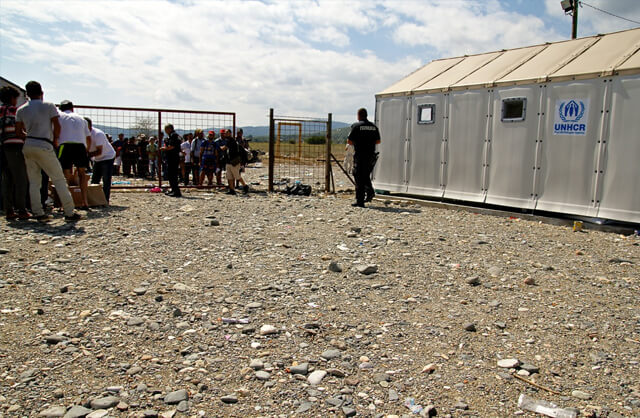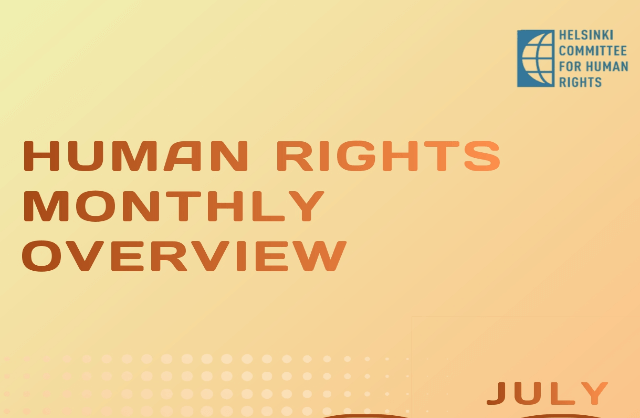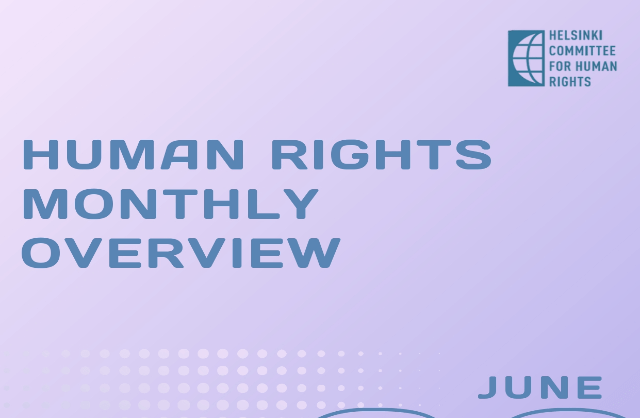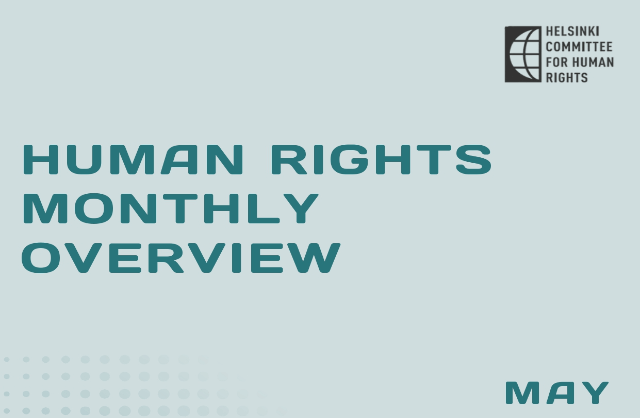The situation at the border crossings Gevgelija and Kumanovo for the period: 25.01.2016 – 31.01.2016
February 4, 2016

The weekly report on the situation at the border crossings Gevgelija and Kumanovo includes the following topics: Available facilities and conditions at the camp and Institutional treatment.
Gevgelija
Available facilities and conditions
A total of 12,209 refugees were registered within this period, which is 37% more than last week, when the number of registered refugees amounted to 7,698. The number of refugees transiting through the camp varies, depending on the situation at the Greek border and the sporadic blockades as a sign of revolt on the part of the domestic taxi-drivers. Such a protest was held on the 30 and 31.01.2016, which led to a delay in the transiting of the refugees towards Tabanovce.
In the camp, in the space between the two tents leading to the train (where a canopy has now been set up), several fences have been placed to maintain orderly and peaceful movement of refugees while boarding the train. However, the fences sometimes led to greater delays and the lines of people moved more slowly. Irregularities in the purchase of tickets (charging tickets to children younger than 10, giving back incorrect amounts of change, etc) continue to be reported.
A video-surveillance installation is being set up in the camp, which will cover the entire space in the camp.
Institutional treatment
Most of the time the police officers carry out their assignments professionally and conscientiously, apart from several isolated situations when individual police officers treated the activists and refugees in the camp with disrespect.
Conflicts and physical clashes between the refugees have occurred on several occasions, but they have been successfully stopped by either the other refugees, or the police.
On the 29 January, around 11 pm, in the vicinity of the Railroad Station in Demir Kapija, several unknown perpetrators attacked and robbed K.F. (26) from Iraq. The offenders noticed that the refugee was sleeping and they started kicking him and hitting him on the head and body and then proceeded to rob him of 50 EUR and his mobile phone. Later on, the local police detained a juvenile who was suspected of being involved in the incident, while the police are still after the rest of the perpetrators.
Kumanovo
Available facilities and conditions
The number of refugees transiting through the camp in Tabanovce varies, depending on the situation in Gevgelija, as well as the refugees crossing on the Serbian border. For example, on 27.01.2016, the Serbian police did not let the groups who had set off from the camp in Tabanovce cross until the evening hours. Allegedly, the explanation for this situation was that the Croatian border was briefly closed.
On 27.01.2016, one of the directors of Humans Rights Watch paid a visit to the camp.
Institutional treatment
There is still a burning issue in the camp with the so-called “economic migrants” who arrive at the camp from the neighboring villages or head for the neighboring villages from the camp, in order to find a way to cross the Serbian border. In a specific example, one refugee – “economic migrant” arrived to the camp on foot from the village of Loyane in poor health, where he had been “captured” by a Pakistani group who had sent him back and forth from the villages of Lojane to Vaksince and Miratovac for three days.
On 31.01.2016, a group of 20 so-called “economic migrants” coming from Algeria, arrived in the camp. The group had been travelling in between the wagons of the regular train to Serbia.
The Helsinki Committee expresses concern about the consequences incurred with the selective filtering of refugees (divided in refugees and economic migrants depending on their country of origin) which has significantly increased the incidents of smuggling in the near-by villages. This practice has exposed the safety of refugees and their lives at significant danger.

This report is made possible by the generous support of the Foundation Open Society Institute (FOSI) within the project „Improvement of the rights protection for migrants and asylum seekers in the Republic of Macedonia“. The contents are the responsibility of the Helsinki Committee for Human rights of the Republic of Macedonia and do not necessarily reflect the views of FOSI.


